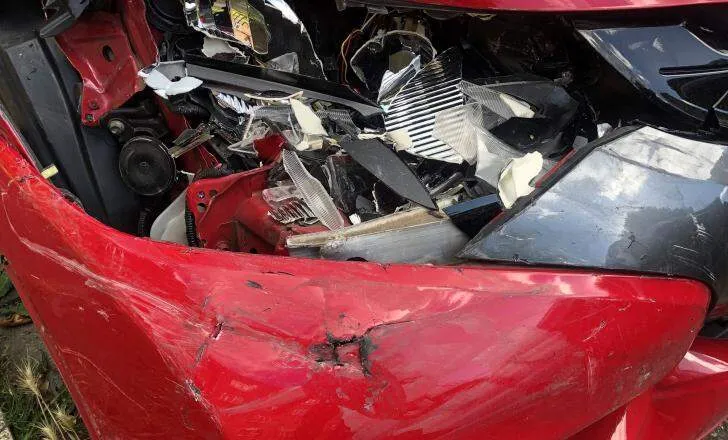A quick look at corporate results for some of the major construction equipment manufacturers paints a somewhat confusing picture of current demand. Caterpillar, the world’s largest manufacturer of off-highway machines and for so long a bell-wether for the construction sector, recently released results showing a drop in profits. CNH and Volvo CE too have been similarly afflicted with a lower than expected financial performance, perhaps a major factor in Volvo CE's decision to pull out of a joint venture part
May 19, 2015
Read time: 3 mins

Concern has been expressed about how road safety has failed to improve in parts of Europe during 2014. The European Commissioner of Transport, Violeta Bulc, announced statistics for 2014 saying that there were a total of 25,700 road deaths across all 28 Member States of the EU. The figures indicate only a 1% improvement since last year. More effort will be needed from Member State governments in order to reach the Commission's goal to halve the number of road deaths between 2010 and 2020.
Certain countries had seen steady gains in road safety, including Croatia, Finland, Luxembourg and Malta. However, France, Sweden and the UK did not see their fatality rates fall. There are some issues that have to be recognised. Sweden and the UK do have amongst the lowest road fatality rates of any nations in the world, which is of particular note in the UK given its population density and the high numbers of registered vehicles/km. Both countries have managed steady improvement over many years. France meanwhile has introduced much tougher enforcement and penalties of laws against drink-driving and speeding. This has helped the country cut its road death rate significantly in recent years, although the achievable benefits from this policy may now be waning.
New policies aimed at tackling drivers under the influence of drugs are being introduced in the UK and these need to be implemented right across Europe as w hole.
Better driver education is the biggest key to cutting road deaths, as has been seen so far in Europe in those countries with the best safety records. But anomalies do remain and Belgium and Austria both have far higher road death rates than their near neighbours for example, highlighting that action is required.
A key issue that still has to be tackled also is that of driver distraction. Research suggests that this is on the increase and that more and more drivers are being distracted by the use of smartphones while at the wheel, not just for making phone calls but for using the Internet and texting as well. Enforcement and penalties need to be much tougher, while offenders need to be made aware of the enormous risks they pose to all.
Meanwhile vehicles too need to be made safer, although there is some debate as to how this can be achieved. Some believe that sophisticated vehicle controls such as electronic stability control, intelligent speed limiters and automatic braking will help reduce the casualty rate. Other say that such technology will only result in the majority of drivers travelling ever closer to the limits of their vehicles and that safety benefits will be minimal at best.
Certain countries had seen steady gains in road safety, including Croatia, Finland, Luxembourg and Malta. However, France, Sweden and the UK did not see their fatality rates fall. There are some issues that have to be recognised. Sweden and the UK do have amongst the lowest road fatality rates of any nations in the world, which is of particular note in the UK given its population density and the high numbers of registered vehicles/km. Both countries have managed steady improvement over many years. France meanwhile has introduced much tougher enforcement and penalties of laws against drink-driving and speeding. This has helped the country cut its road death rate significantly in recent years, although the achievable benefits from this policy may now be waning.
New policies aimed at tackling drivers under the influence of drugs are being introduced in the UK and these need to be implemented right across Europe as w hole.
Better driver education is the biggest key to cutting road deaths, as has been seen so far in Europe in those countries with the best safety records. But anomalies do remain and Belgium and Austria both have far higher road death rates than their near neighbours for example, highlighting that action is required.
A key issue that still has to be tackled also is that of driver distraction. Research suggests that this is on the increase and that more and more drivers are being distracted by the use of smartphones while at the wheel, not just for making phone calls but for using the Internet and texting as well. Enforcement and penalties need to be much tougher, while offenders need to be made aware of the enormous risks they pose to all.
Meanwhile vehicles too need to be made safer, although there is some debate as to how this can be achieved. Some believe that sophisticated vehicle controls such as electronic stability control, intelligent speed limiters and automatic braking will help reduce the casualty rate. Other say that such technology will only result in the majority of drivers travelling ever closer to the limits of their vehicles and that safety benefits will be minimal at best.







